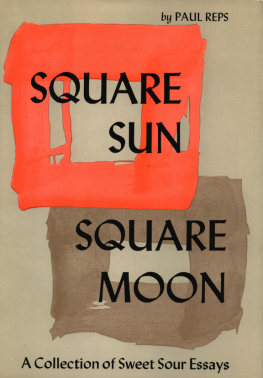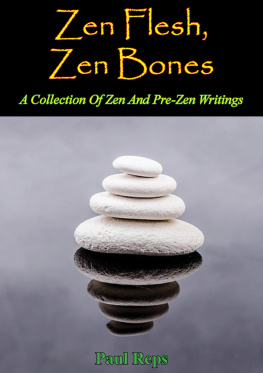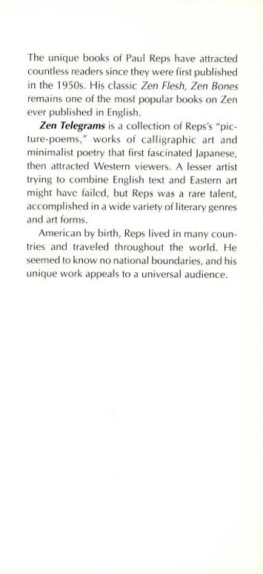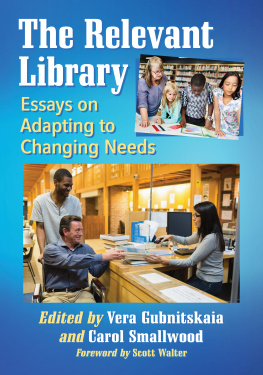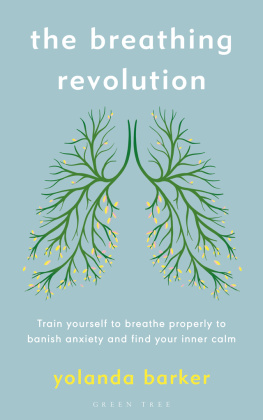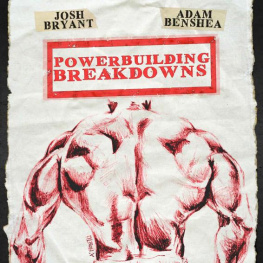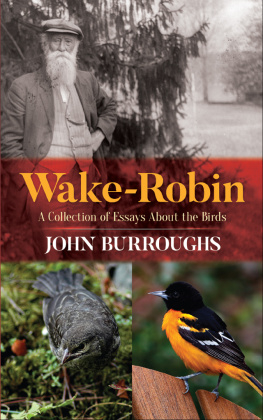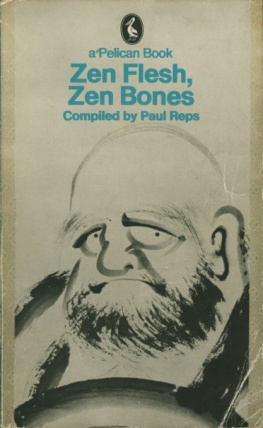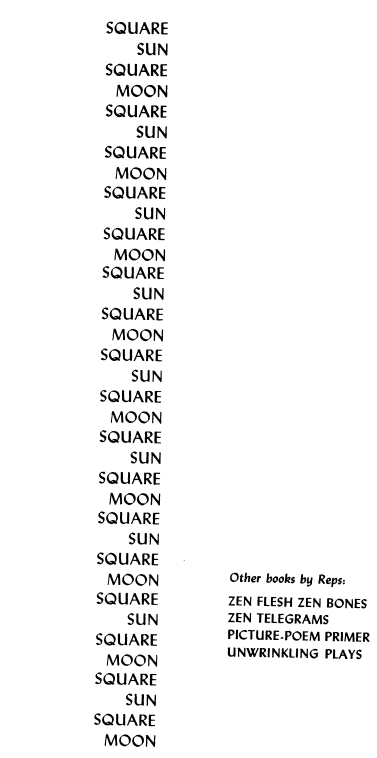 | THE PRICELESS TREASURE |
| perhaps a core of religions and philosophies
|
When the Japanese invaded Hongkong,
Chang Pei Lin served as one of the native
policemen and so saved many Chinese lives.
Speaking both languages, he knew the
Japanese did not understand the Chinese
nor could his people comprehend their
invaders.
Yet every woman understands every man.
A man of China, Chang Pei Lin, gives the way to me. Let me give it to you.
Sit comfortably alert all through (if it takes an hour or a day to do).
Let eyes close softly.
Listenin heart.
Listen: Openly attentive. In heart: Your felt center, core, stem.
As you listen, seeing quiets.
Thinking stills.
Positive passive meet. This instant you lighten. In some unexpected surprising way you return to your original nature.
What may you hear? No sound. Sound sharper than in ears. The unheard breath of life.
Even these take you from the point. The point: Listen.
Formerly every teaching shared this immediate way. In China it was simply Listen. In Japan, an almost silent chant into heart. In Persia, hoo outbreathed over heart. In the Himalayas, the sound of sound.
Of it, faiths have been voiced and the way obscured (by interpretations). Ritual, prayer, meditation, intellection have missed it.
It may not be received from books (from seeing and thinking). Complicating the doing, you miss it.
Listen.
When we met, Chang poured the treasure over me: "Resolve your life. How else will you stop thinking?" By thinking, he meant our habit of breaking in pieces our one life.
The same day I tried it, sunk into listening. My personal world (of troublings) vanished at once. Another time such listening brought a thunderous lightning flash, cleansing and healing. He told me the doing makes for well being. To begin with, it erases mental agitations like letters on a blackboard.
Perhaps aliving comes faster than thinking. Perhaps continual divisive thinking has us overpositive. Then any natural act recharges us.
When standing, he loosed himself until he seemed made of rags. He showed me how to close eyes as if I never had done so. And to listen toward center.
"We may have 3,000 worlds to wander as humans," he said (as an inner-space man). "Even if you live I,000 years you must sometime die. Disengage your lightness any time."
Is there a lightness we are of more than light we see, as the inner light of flowers? It was like telling a weed to return to seed.
Yes, if we are of dust, we are of light. Yes, if we are aware, others of other densities may be more aware. If man's progress (out) takes him to far stars, he only may find himself there, the outside of himself. He has yet to find himself all here.
Himself: Just as he is, cosmos-intermeshed, limited and so unlimited. All here: When unseparate all are here.
Probably plants, fish, turtles, birds are better at listening than we with our constructed confusion. We go out too much or get put out. We are too little thankful. The baby has more to loose let than we.
Listening potentials. It heals subjective and objective sickness.
Conscious thinking may be energy-draining. Listening is energy-gaining. It stops starts something with clearest focus and least effort.
The wild deer listens, sees-smells-feels alerts.
You may have been too educatively frightened to try such a prime faculty. Or too busy. Or preoccupied. If science-bent, you may cancel out this you as a dead bird (instead of a winging singing). These days we have no announced way to inwardness so richly enjoyed by woman and child (and before them saturate in grasses and trees).
It is easier than you think. You are the way.
What about the listener? This listener provides our problem. He is having a go-go nightmare.
He is me.
I cut the one power and beauty into mine and yours. I go out. So I may return (to the life of spontaneity).
Aren't we already returned? Sigh, shiver, cry, fragrance tell us so. One who says: I, me, we, never parts from great nature. He only thinks, dreams, pretends to.
Then fortunately, he laughs.
This considers listening in heart. Ordinary listening starts in heart before we know it. We are the miracle. Ordinary seeing mirrors a total field. We shape things. We say "I see, I hear" since light and sound as us are one. Put another way, our infinitely possible life presses through special sensings. It pours through and all sensings open at once.
How to open?
Suppose (lightly) eyes mirror includingly, as they do. Suppose (gently) listening to silent music, wrapt, in. As we listen, we are being listened. We do it and the whole magnificence does it as us.
Then the childfreshing.
 | THE PROPHET OF TABUSE |
| shows a way to shake well |
Like people, religions organize and ossify,
lose poetic quality. Any belief that condemns another
is itself condemned. To elevate oneself with words
and worst of all with religious words is the
ultimate cupidity. "My religion is better than
yours and if you disagree you go to hell." Thus
organized religion has become ludicrous. But
before the religious constructions, what wondrous
stirrings come from the human heart.
In 1944 the male deity, Kotai-Jin, and the female deity, Amaterasu, entered the form of Sayo Kitamura and there became a trinity. Some think of deity as spirit, but Japanese understand it as a specific spirit of guidance.
Sayo Kitamura was born Jan. 1, 1900 in Tabuse village, the fourth daughter in a family of nine children. In 1920 she was married to Kitamura as his sixth bride, five previously driven away by his widowed mother who had used them during the work season and then dismissed them to save the expense of feeding them. Sayo was worked so hard she had little time for food or sleep but refused to desert her husband, eventually winning the approval of his cruel mother.
In 1944 the voice from her abdomen spoke to her saying, "Osayo, polish your soul, polish your soul." Confused by this voice that continued persistently, she tried to be rid of it, even considering suicide. The guidance it gave however was always right. Identifying itself by several names, it finally told Sayo that here was no local, but the supreme deity come on earth again to help humanity and that Sayo had been chosen as a means.
So it is narrated in a book, The Prophet of Tabuse, a translation into English of a longer Japanese work (Tensho-Kotai-jingy-Kyo, Tabuse, Yamaguchi Pref. Japan).
It tells about a simple farmer woman, subject to severe disciplines, becoming a prophet. Japanese began to call her Ogamisama, the godly one, and she is known today also as Odoru Kamisama, the dancing goddess, and Ikigamisama, living goddess.
The teaching
Ogamisama teaches that we are responsible inspirited beings and that while here on earth our finer substance or soul should be polished. The polishing is to be done with prayer, with the cultivation of non-ego, and sometimes with an ecstasy dance to dissolve self-love and wishing to be loved.
Science today and religions of past centuries agree that we are more invisible than visible. Our everyday conduct shows us as feeling beings rather than solid packages. We tangle in regrets, wants, dislikes, attachments. Unable to resolve our life and negative to the influences of others, present or absent, we become subject to adversities.

